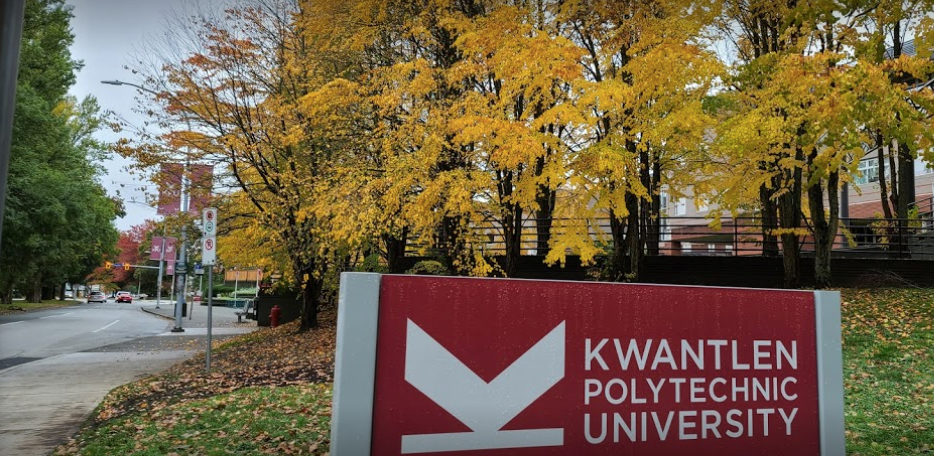The province is looking into strengthening emergency response protocols on B.C. campuses after University of Victoria student Sidney McIntyre-Starko died on campus from fentanyl poisoning.
At Kwantlen Polytechnic University (KPU), which has a campus in Richmond, this protocol involves calling 9-1-1 and then campus security in cases where there is "an immediate threat to life," KPU spokesperson Iain Hunter told the Richmond News in a statement.
KPU campuses are also equipped with red public courtesy phones that provide a direct line to first aid and security.
First aid teams at the commuter university are equipped with nasal naloxone, explained Hunter, who added KPU's front-line facilities teams work with campus security and are all WorkSafe Level 2 certified first aid attendants.
"They provide prompt first aid within the scope of their training and are additionally trained and equipped to provide the administration of naloxone if necessary to our students, members of the public and our employees in an emergency," he said.
Naloxone kits are not provided to students or employees, Hunter told the News, but they are available without prescription at pharmacies.
On KPU's website, the university also advises students to get their drugs checked at an overdose prevention site or supervised consumption site, learn how to respond to an overdose, download the Lifeguard App and carry naloxone.
18-year-old McIntyre-Starko's death was "completely preventable," her parents said in an open letter to the premier.
In a story published on May 16, Postmedia detailed the timeline of McIntyre-Starko's overdose from Jan. 23 until her passing on Jan. 29. According to the timeline, naloxone was administered after nearly nine-and-a-half minutes and CPR was initiated at 12 minutes.
"Systemic failures on the part of both the province of BC and the University of Victoria contributed to Sidney’s death," reads the letter.
On May 16, the province announced a coroner's inquest into McIntyre-Starko's death. Lisa Beare, minister of post-secondary education, also met with 25 post-secondary institutions on Tuesday to discuss new measures for the fall semester.
Meanwhile, in Richmond schools, the school board is looking into possibly giving staff and students access to automatic external defibrillators (AED) and naloxone kits.
A motion was passed in December to direct staff to conduct a feasibility study on the matter, following a heated debate among trustees about the potential legal implications.
Heather Larson, chair of the Richmond School Board, confirmed with the News that the feasibility study is due by the end of the school year.
Also in December, Richmond City Council passed a motion to make naloxone available in all city buildings.
According to BC Coroners Service data, four Richmond residents died from suspected drug poisonings in March, an increase from February when one death was recorded.
- with files from the Times Colonist.
Got an opinion on this story or any others in Richmond? Send us a letter or email your thoughts or story tips to [email protected]. To stay updated on Richmond news, sign up for our daily headline newsletter.



